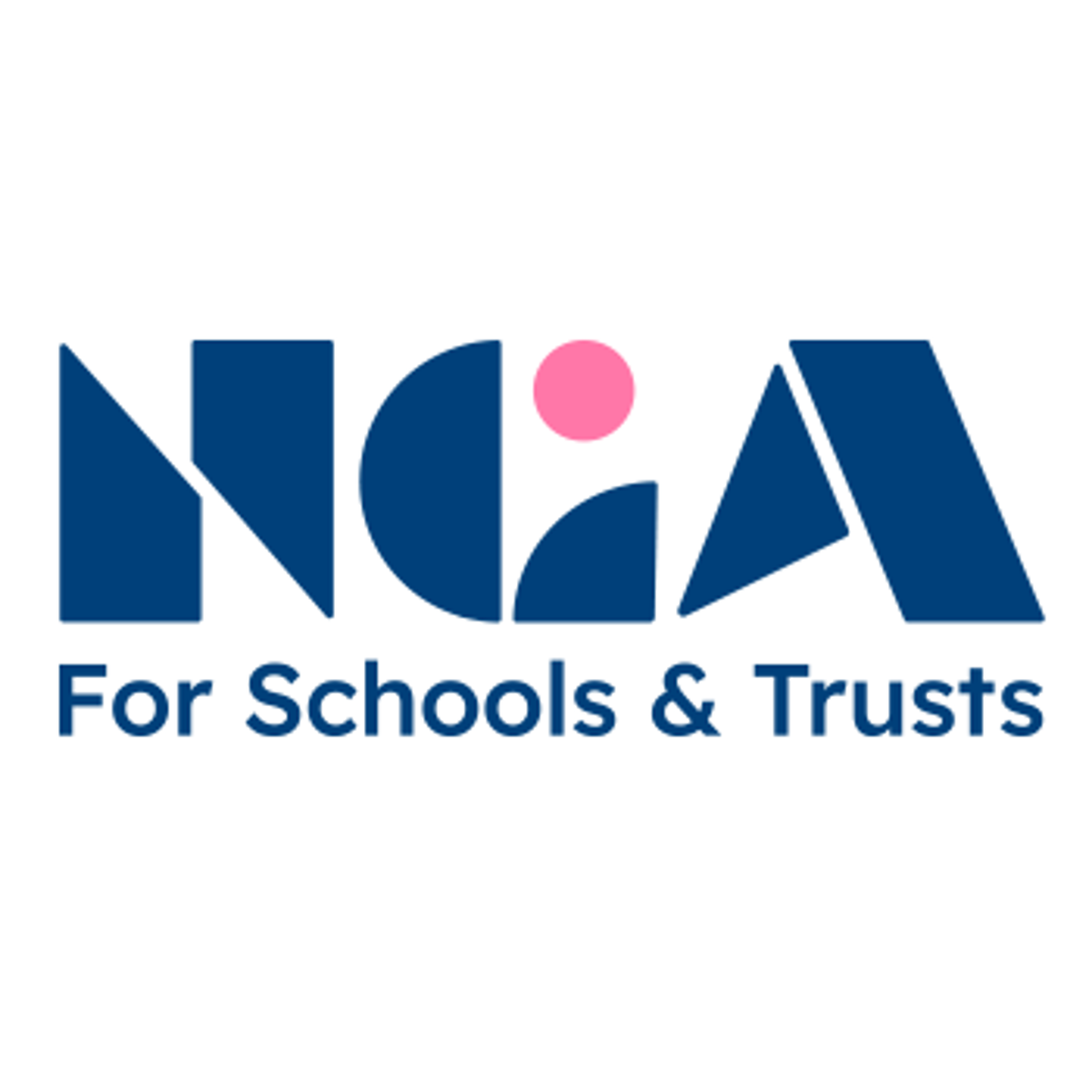
Responding to the inquest findings into the tragic death of Ruth Perry, which recorded a verdict of “suicide, contributed to by an Ofsted inspection carried out in November 2022”, NGA Director of Policy and Communications, Sam Henson, said:
“This is a sobering moment for the sector, a stark and shocking reminder of the very real and direct human toll that inspection and high stakes accountability is having on our profession. Today’s verdict shows the system is broken and needs fixing quickly.
The current inspection regime and wider system of school accountability continues to affect the profession negatively, and in particular, leadership. Many governors and trustees tell us while they can provide support and a listening ear, they feel helpless in removing the grip of apprehension and terror some leaders feel due to the long ingrained and binding reality of negative inspection outcomes, which can be swayed in an instant on one area. The Ruth Perry inquest previously revealed that while the whole school was judged as inadequate due to a safeguarding issue, there was a “possibility” these safeguarding issues could be resolved within 30 working days. NGA very much supports the separation of the inspection of safeguarding, which could go someway toward avoiding a repeat of this tragedy.
But right now, it is our moral obligation to reflect meaningfully and swiftly, to be decisive and to come together in this moment in order to prevent such heartbreak in the future. We need to secure urgent change that will ensure that accountability is accessed through a system of support and encouragement for educators rather than through the threat of career ending implications and a relentless industry of distress.
In light of the coroner’s conclusions, NGA urgently calls for a comprehensive and immediate independent review of Ofsted practices and inspection as a whole, with the review placing the wellbeing of staff and leaders on an equal footing with driving improvement in pupil outcomes. This means replacing the current one-word system; this means placing empathy, sensitivity and a motive of supportive improvement at the heart of the inspection framework. The current judgement system has long been a subject of debate, but we believe today marks a turning point – the debate is done - we simply can’t allow the education system in this nation to continue to be herded by a culture of pervasive fear and anxiety – which in itself fails to promote positive practices.
The current judgment system, particularly the application of the term 'inadequate,' has to be reevaluated. This isn’t a knee-jerk reaction – indeed, NGA has been, up to this point, considerably measured in our approach and what we are calling for compared to much of the rest of the sector. But this long process of assessing how the current system benefits actual school improvement has now led to an indisputable conclusion that our schools need a more nuanced, understanding approach that considers in full the context and potential for improvement that should be implemented before we see any repeat of this situation. We must shift the focus from fear to encouragement to genuine empowerment for teachers, for leaders, for governing boards to innovate and excel. While we rightly expect high standards, the existing accountability infrastructure is too often not only disempowering the profession but also making it seem like a lonely, unwelcome place to be.
The recent IPPR report emphasised that in a 'world where empowerment drives improvement', our schools are being held back by an outdated accountability system. Labelling schools with one-word judgments is only working for some schools, while as we have seen, for others, it is having devastating aftershocks that are breaking our school staff and leaders and the school community."